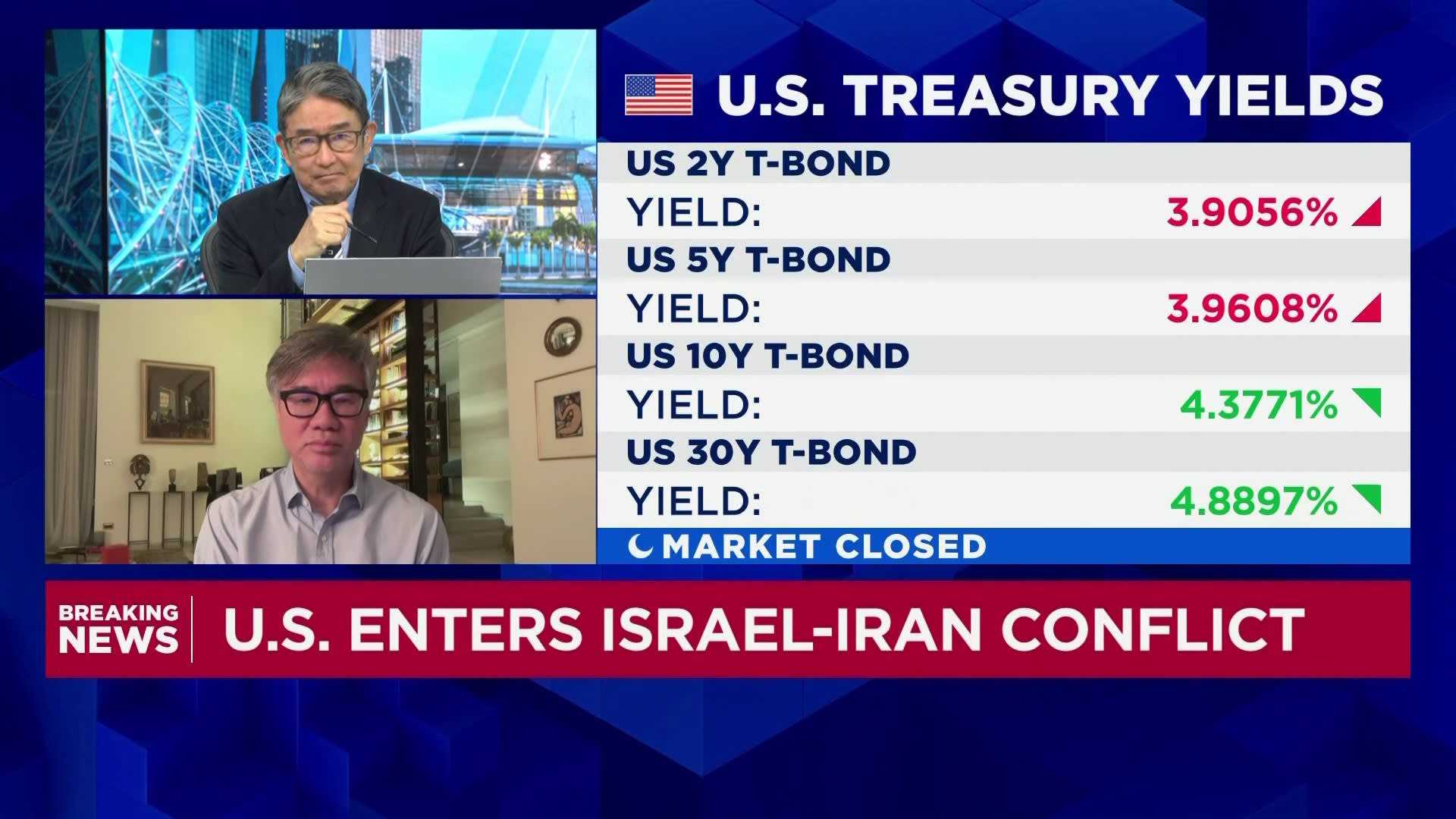Business
US Treasury Yields Rise Amid Iran Conflict and Economic Data Anticipation

WASHINGTON, D.C. — U.S. Treasury yields increased on Monday following the recent U.S. bombing of Iranian nuclear sites and as investors prepared for significant economic data releases this week.
The yield on the benchmark 10-year Treasury note rose by 2 basis points to 4.395%, while the 30-year yield jumped over 2 basis points to reach 4.912%. Additionally, the yield on the 2-year note climbed more than 1 basis point to 3.925%. In finance, one basis point equals 0.01%, indicating that yields and prices move inversely.
Investor concerns heightened after the U.S. struck targets in Iran, prompting fears of potential Iranian retaliation. President Donald Trump referenced the strikes as a necessary operation to eliminate threats from Iran’s nuclear program, stating, “There will be either peace, or there will be tragedy for Iran far greater than we have witnessed over the last eight days.”
In response to U.S. military actions, which included bombings at sites in Fordo, Natanz, and Isfahan, analysts from Deutsche Bank noted that the U.S. has transformed into a net energy exporter over recent years, suggesting that any adverse effects from rising tensions would manifest through deteriorating financial conditions or prolonged elevated interest rates.
This week, investors are keeping a close watch on essential economic indicators. These include existing home sales data for May, gross domestic product growth figures, and the personal consumption expenditures index, expected later this week.
Global markets showed signs of cautious optimism early in the day, with stock futures hovering slightly higher amid concerns over possible Iranian retaliation. Rising oil prices, which initially soared to a five-month peak, were seen stabilizing around $74.20 per barrel.
The market’s immediate focus revolves around the potential closure of the Strait of Hormuz by Iran, a crucial passage that facilitates about 20% of the world’s oil supply. Mike O’Rourke, chief market strategist at JonesTrading, expressed concerns over how such an event could escalate inflation and oil prices.
Chinese officials condemned the U.S. strikes and have called for a ceasefire, although details remain scarce on any substantial assistance to Iran. As markets await the next moves from both the U.S. and Iran, analysts warn that further tensions could prolong economic uncertainties.












